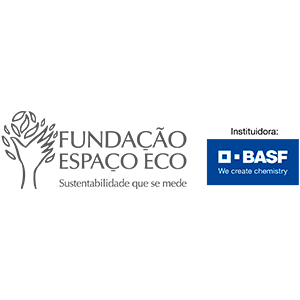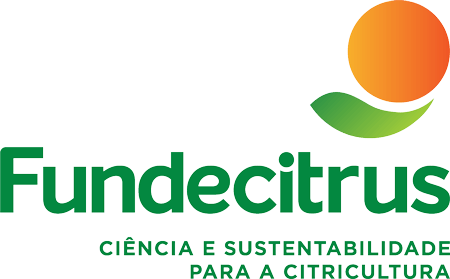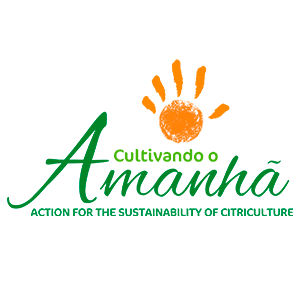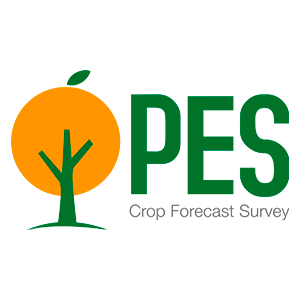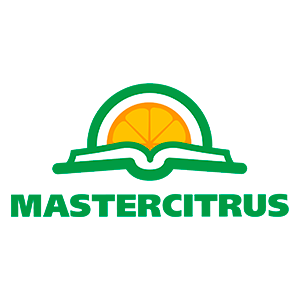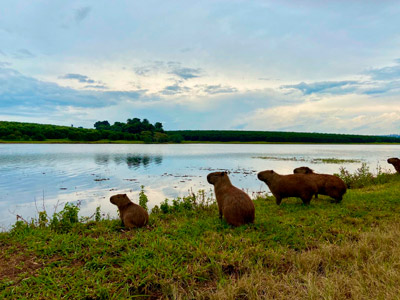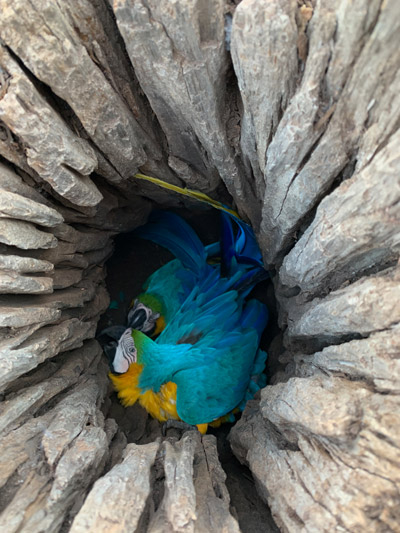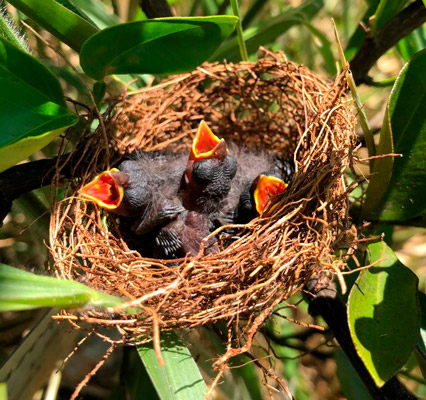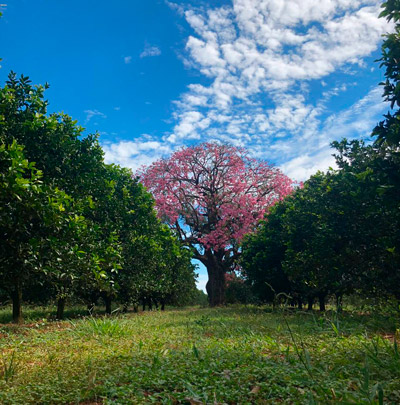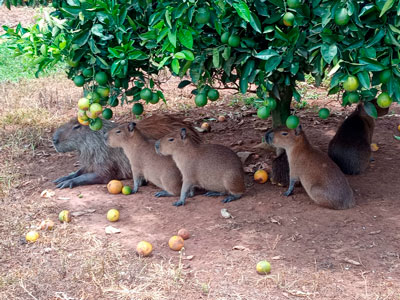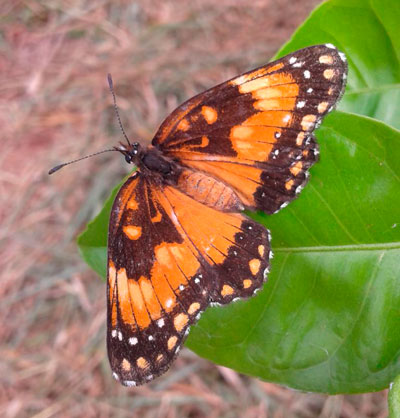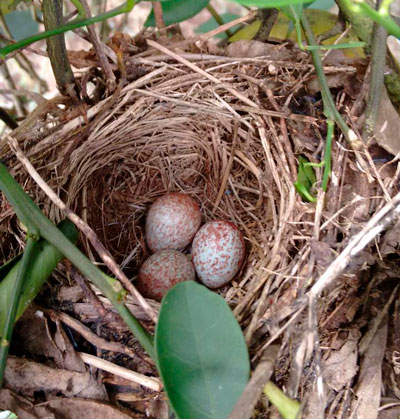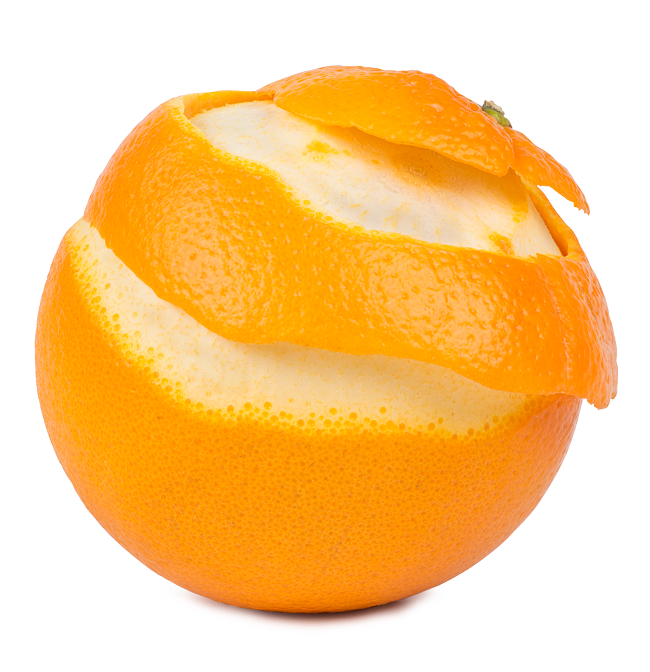

Sustainable citriculture
In citriculture, everything is fruit
Sustainable Citriculture is the fruit from the concern of citrus growers in face of the important global challenge of producing food for the growing world population while preserving the environment.
In order to maintain – and increase – the economic, social and environmental wealth generated from and shared through citrus growing activities, Sustainable Citriculture is based on the following guidelines:
INCENTIVE
Encouragement to good agricultural practices, in compliance with advanced and rigorous Brazilian labor and environmental laws and sustainability standards adopted by the sector, such as the ProteCitrus – Citrus Protection Products, in order to support citrus growers so that they can be prepared to fully meet the requirements of domestic and foreign markets.
IMPROVEMENT
Development and continuous improvement, through research and innovation, of agricultural techniques and procedures, always observing the social and cultural conditions of citrus growers.
DISSEMINATION
Transfer of technologies, techniques and digital tools that encourage sustainability, the control of citrus pests and diseases, yield, occupational safety and the preservation of natural resources.
EDUCATION
Graduate studies at the MasterCitrus – Fundecitrus Professional Master Program for the technical and scientific improvement of professionals linked to citriculture and the continued use of sustainable agricultural practices.
COMMUNICATION
Publication of the activities developed by Fundecitrus that contribute to the sustainability of the sector, providing, in a transparent and democratic way, access to information that enhances the technical knowledge of citrus growers.
Guidelines of the initiative to make citriculture increasingly more sustainable:

Economy
Generation and distribution of wealth - liquidity in citrus growing, prosperity, jobs, taxes and macro and microeconomic operations.

Social
Good agricultural practices raise the level of well-being of growers, specialized professionals, field workers and the community itself.
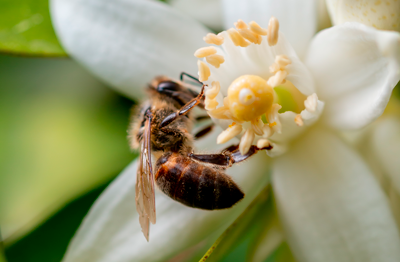
Environment
Continuity of the citrus production chain with the preservation of natural resources, favoring the current and next generations.
Brazilian citriculture
The sustainable development of the Brazilian citriculture represents an ongoing activity with the following magnitude and characteristics:
Operations amounting to US$ 14 billion a year
that add (GDP) R$ 2 billion to the Brazilian economy
Collection of almost US$ 190 million
in yearly taxes in more than 350 municipalities in São Paulo and Minas Gerais
35% of the orange production in the world
75% of the juice foreign trade
694,000 hectares of citrus growing area in Brazil
463,000 hectares are located in the São Paulo and Minas Gerais citrus belt, in that 387,000 hectares are dedicated to growing main orange varieties
Example set in yield and citrus greening control
The São Paulo and Minas Gerais citrus belt is a benchmark in yield (1,045 boxes per hectare in the 2019-2020 crop) and in citrus greening control, whose technology was developed by the citrus sector
The São Paulo and West-Southwest Minas Gerais Citrus Belt is a world reference in yield and phytosanitary control
It is the only citrus growing area in the world with large-scale production that has managed to fight citrus greening, the most feared citrus disease.
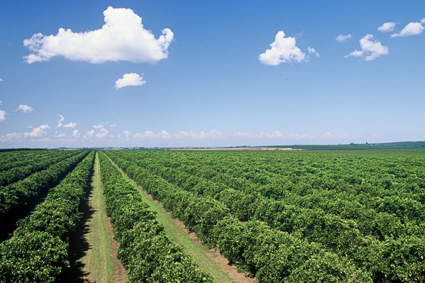

It is also internationally renowned for its research results
More than 25 years of research, international reference in science and sustainability for citriculture, developing strategies and techniques for the control of the main pests and diseases in citriculture.
The Research and Development Center “Joseph Marie Bové”, which was reopened in 2018 in honor of the French scientist who greatly contributed to the work of the institution and to global citriculture, allows citrus growers to gain the knowledge necessary to face the challenges currently known and those that are yet to come.
There are more than 80 research projects in 70 experimental areas, 1,300 ㎡ of laboratories and more than 40 partners worldwide.
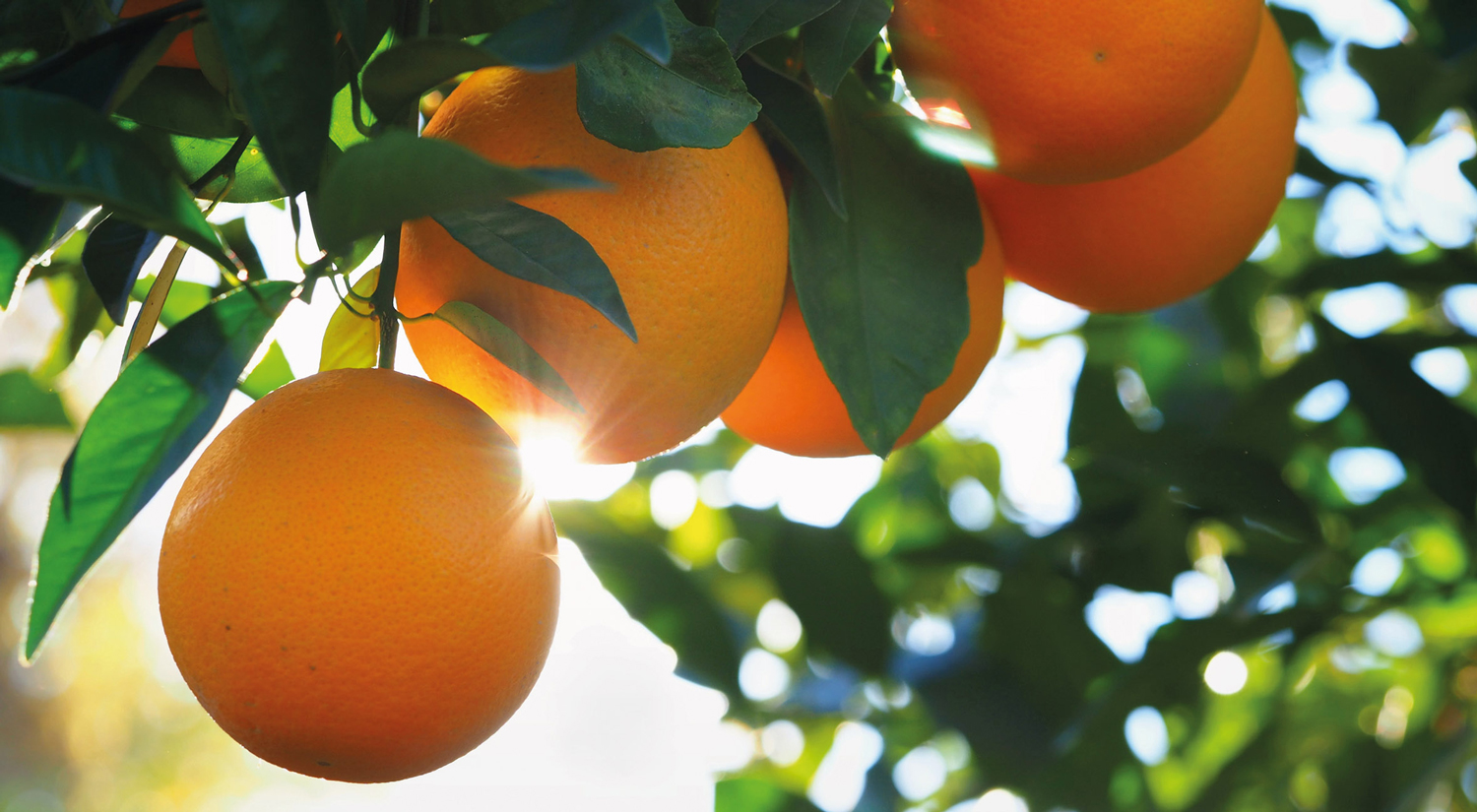

Innovation
The Fundecitrus Phytosanitary Alert is the largest system in the world to monitor the population of psyllid, the insect vector of citrus greening. The regional management of the disease is considered a phytosanitary revolution. With cooperation and accessible technology, it uses fewer applications with a more efficient control.
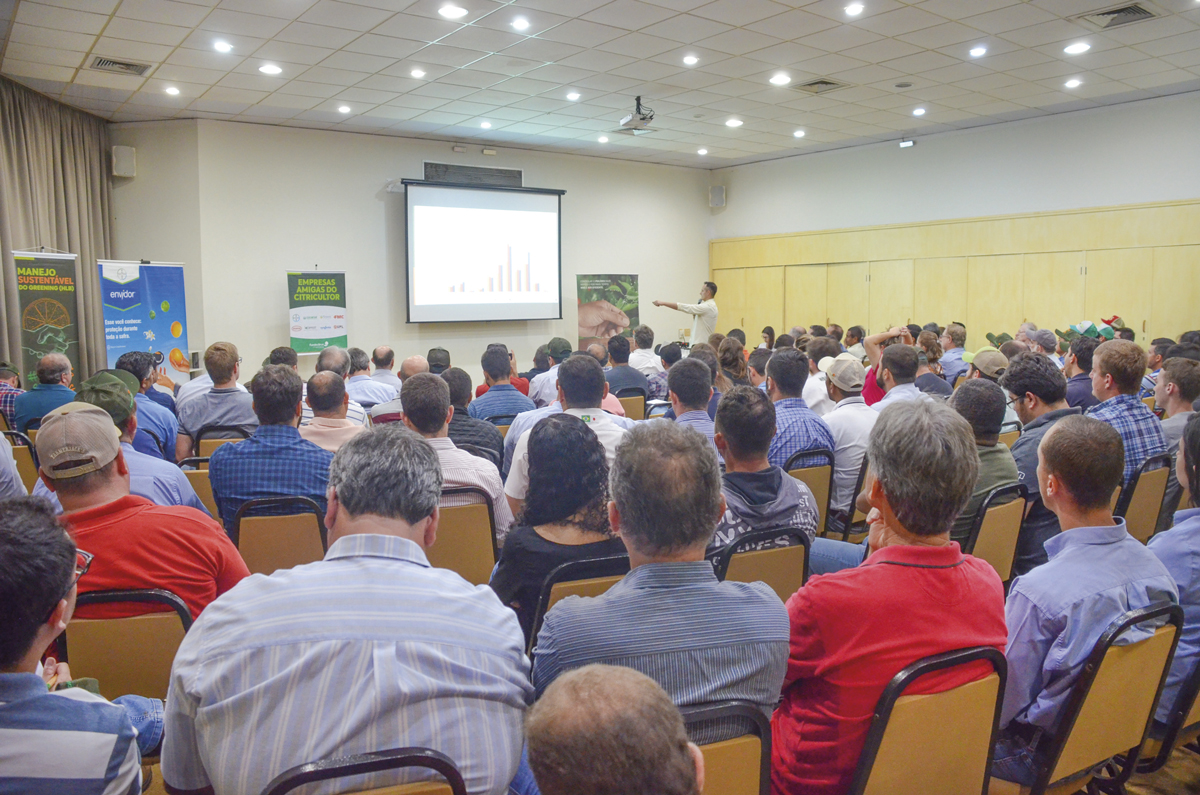

Awareness
The external management of citrus greening consists in the elimination of inoculum sources. Diseased plants - in abandoned groves, cottages, countryside houses and backyards - are, after the problem is acknowledged, replaced by other fruit and ornamental plants. From 2018 to 2020, more than 70,000 nursery plants were donated to the population.


Care
Work by Fundecitrus in partnership with the Instituto Agronômico (IAC), linked to the government of the state of São Paulo, calculated that after studies and investments in application technology, the water saved in the citrus belt in the last 20 years would be enough to supply, for 365 days, a city of 500,000 inhabitants, such as Hanover, in Germany, or Copenhagen, capital of Denmark, or Sacramento, in California (USA).

Efficacy
In the 2019-2020 crop, the citrus belt produced almost 390 million boxes in less than 400,000 hectares. In the last 30 years, production has increased by 80 percent and the productivity per hectare has grown by 210 percent, despite the planted area being 40 percent smaller.
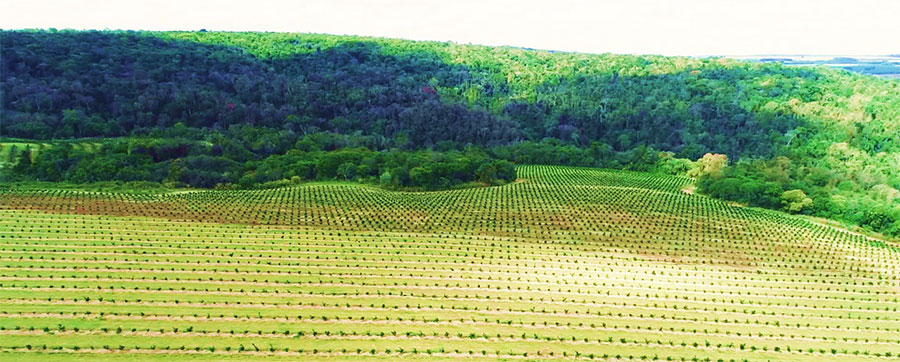
FUNDECITRUS
Fundecitrus – Fund for Citrus Protection is an institution that dates back to 1977, founded and maintained by citrus growers and orange juice companies in the São Paulo and West-Southwest Minas Gerais Citrus Belt to support the sustainable development of citrus growing. It is a world reference in science and technology focused on the health of groves, economic efficiency and preservation of natural resources. Fundecitrus work, along with citrus growers, has helped to ensure the competitiveness of Brazilian citriculture and to maintain its position as a world leader in production and exports of orange juice.
Find out more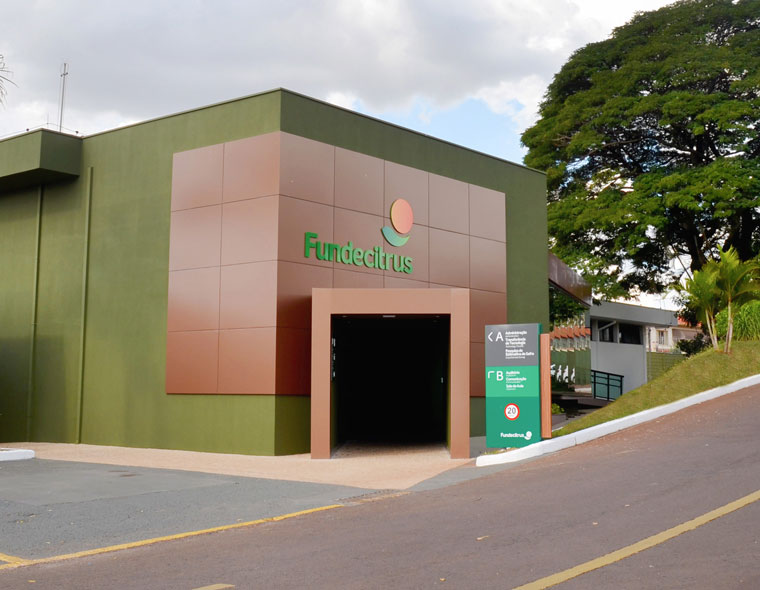

Actions
partners



